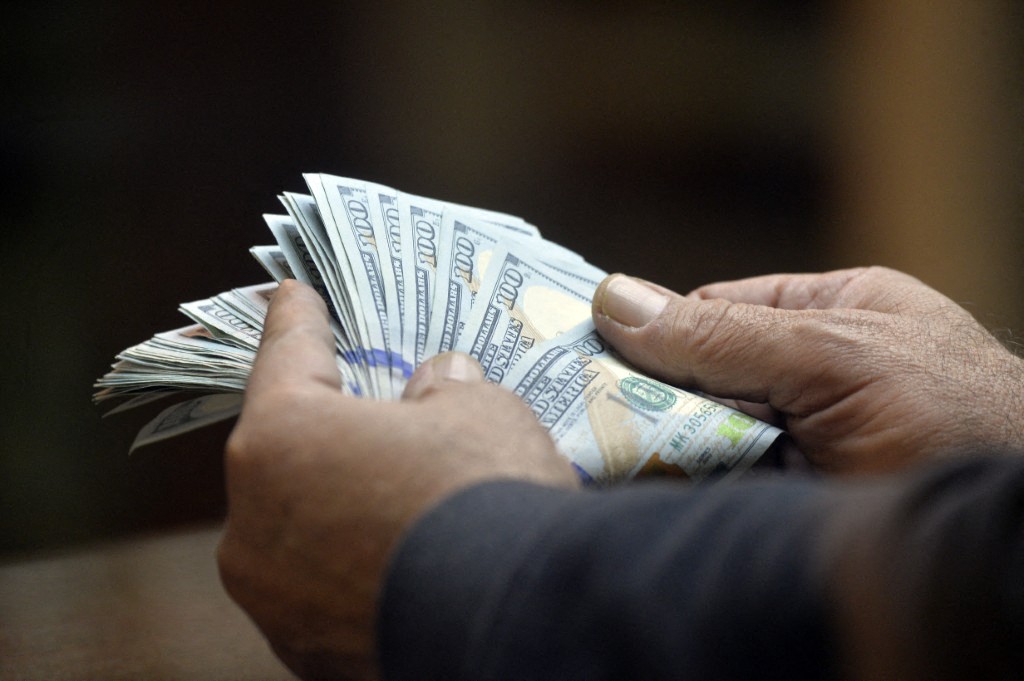Since the financial collapse that struck Lebanon in 2019, the country’s economy has been mired in severe monetary contraction, marked by plummeting trust in the banking sector and the sharp devaluation of the Lebanese pound. These conditions have driven many Lebanese—particularly young people—to seek alternative ways to earn quick profits. Increasingly, they have turned to online trading in cryptocurrencies, stocks, and other financial products in an unregulated gray market devoid of legal oversight.
Against this backdrop, security sources told Al-Safa News of a new fraud case targeting university students and young professionals. Four men in their twenties allegedly lured victims into investing in a bogus company called “Evolex Trading,” which presented itself on social media as a global trading firm.
A Carefully Crafted Illusion of Wealth
Preliminary investigations reveal that the company had no official license and operated entirely outside any legal or financial framework—despite its aggressive promotion on social media. Its founders portrayed themselves as living lavish lifestyles, driving luxury cars and residing in upscale homes, in a bid to attract victims and win their trust. However, investigations showed these displays were entirely fabricated: the cars and properties featured in their content were rented temporarily for deceptive marketing purposes.
According to security information, the four suspects began their fraudulent operations in early 2025, exploiting their university networks—and even recruiting minors—by claiming they could generate substantial monthly returns in exchange for dollar deposits. But no profits were ever paid out. The accused not only failed to deliver returns, they also refused to return the victims’ initial investments, offering only technical excuses and empty promises.
Victims Take Action as “Scammers” Go into Hiding
Once the scheme began to unravel, the perpetrators shut down the social media pages used for their scam and went into hiding. Security sources believe they are still in Lebanon. Ironically, some have boasted on alternate accounts that they learned the “art of fraud” from a self-proclaimed “stock market expert” on Instagram—who claims to enjoy protection from influential political figures.
Most of the victims—mainly university students and low-income young employees—are now preparing to file formal complaints with the Financial Public Prosecutor’s Office, hoping for a transparent investigation that will lead to the arrest of those involved and the recovery of stolen funds.
Cash-Based Economy Creates Fertile Ground for Scams
Speaking to Al-Safa News, economic and financial expert Wassim Nader said:
“The shift toward a cash economy in Lebanon, driven by the collapse of trust in banks, has created a fragile environment that is easily exploited—especially in the absence of official oversight on digital financial activities.”
He added:
“The lack of a clear legal framework regulating online trading in Lebanon has opened the door for fraudsters to market ‘get-rich-quick’ illusions to people facing economic despair—making them easy prey.”
Nader warned that such schemes will continue to proliferate unless a clear law is enacted to regulate trading platforms and ban unlicensed operators from promoting their activities within Lebanon. He emphasized the need for stronger digital monitoring and public awareness campaigns to educate young people about the risks of such investments.
Ultimately, the “Evolex Trading” scandal is neither the first nor likely the last, as long as financial fraud networks remain beyond accountability—and as long as Lebanon’s youth remain caught between the collapse of the formal financial system and the false promise of quick wealth sold to them through their screens.
Please post your comments on:
comment@alsafanews.com
 Politics
Politics













